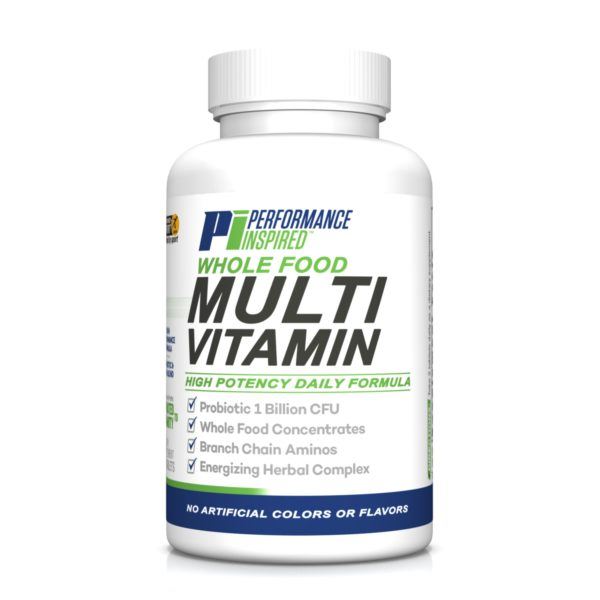Using dietary supplements has become more common in recent years. With some exceptions, such as where natural and alternative kinds of recovery exist, all countries do not usually manage dietary supplements as an independent classification. Rather, they are typically lumped together as part of existing laws on health and health.
There are many reasons for this. One is that regulatory structures on traditional drugs and other medical gadgets are much tighter than those for dietary supplements. Another is that the United States Food and Drug Administration (FDA) has actually historically been less tolerant to pre-marketing of dietary supplements than other nations. In some circumstances, dietary supplements have actually not been enabled to enter the marketplace completely.
Canada has considerably more stringent health and wellness policy with respect to the production, processing and circulation of organic medicines and other kinds of natural health items. In fact, there are just two pharmaceutical business allowed to make health items in Canada – one from the Canadian pharmaceutical market and the other from the United States. Even then, there are just two main paths for getting health claims – through the prescription route or the complementary and alternative route. This is a stark contrast to the many indicators available in the United States for a large variety of health conditions and diseases.
Dietary supplements are not always omitted from these health benefits. They can be used in conjunction with more established, standard medications, or they can be utilized as stand-alone supplements. For instance, the US Food and Drug Administration (FDA) have actually approved making use of a dietary supplement called flaxseed oil for minimizing the risk of heart problem. In the European Union, dandelion root is considered an herb with numerous health benefits, such as decreasing high blood pressure, enhancing liver function and combating allergic reactions, according to the EU Food and Health Care Firm. Both these herbs are consisted of in the Canadian System of Registration for Supplements (COSSA). However, the US FDA does not include them on the US list of substances acknowledged as safe for usage.
Herbal medications and other dietary supplements are generally recognized as drugs, despite the fact that they include no chemical compound. For that reason, when they are utilized in conjunction with existing food and drug treatments, they should be approved by the FDA and they can not otherwise be offered as healing goods in the United States. This indicates that any dietary supplements which contain herbs that have actually not been studied for their health homes and which are not otherwise acknowledged as drugs can not be offered as health items in the US.

There are a variety of measures that makers of dietary supplements should take in order to ensure that the compounds are recognized and controlled as health products. The main thing that they should do is supply appropriate evidence of the basis of the claims that they make. Normally, this proof must include studies in human beings that support the claims made on the label of the dietary supplements that they offer. The number of such research studies that have actually been conducted depends on the kind of dietary supplement and the nation in which it was assessed.
You can buy vitamins online through websites like supplementsdirect.ca, but only if you are sure of the source. Dietary supplements are not examined by the FDA prior to they are offered, so there is no regulatory body that inspects to see whether they are genuine. As long as the business offering the vitamins has a trusted credibility, you can be assured that the products are genuine. Unfortunately, this is not always the case, as lots of dishonest companies offer phonies of vitamins and other dietary supplements, and consumers are vulnerable to them. If the dietary supplements that you purchase from an online seller have actually been assessed by the FDA and found to be genuine, you might see a site that does not mention the FDA on its websites. If you are concerned about the source, you should for that reason be wary of a business that sells a vitamin without FDA approval.
When you buy vitamins online, it is suggested that you read the fine print carefully. If a website tells you that all of their vitamins come with a 100% refund warranty, you should understand that it is a fraudulent enterprise. Also, if a dietary supplement business needs that you pay a subscription cost, it is highly most likely that you are being invited into a rip-off. A better idea would be to pay a one-time fee for access to an online vitamin store, so that you can browse and try various vitamins at your own leisure. Keep in mind that some supplements work much better than others, and it is constantly best to seek advice from a physician when you have health issue.
Hello world!
Welcome to your brand new blog at Edublogs!
To get started, simply visit your blog’s dashboard, edit or delete this post and check out all the other options available to you.
Like more help?
We can walk you through step-by-step in our guide to getting started with your blog.
Happy blogging!